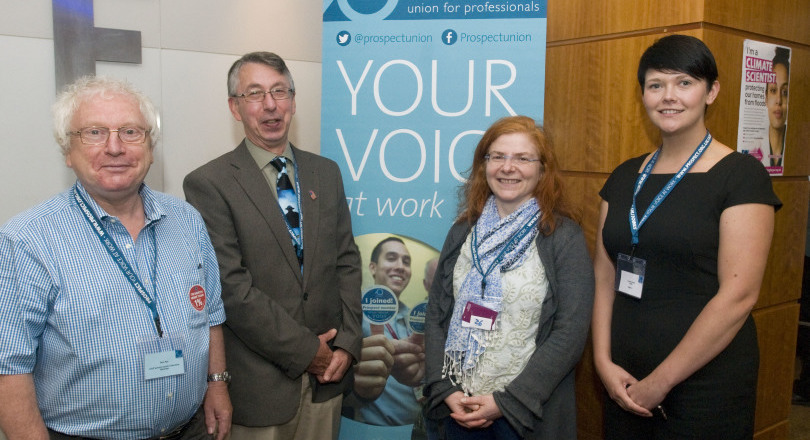The government is writing cheques for services that our members can’t deliver,” Neil Hope-Collins (Health and Safety Executive) told delegates.
Pointing to the link between workload and mental health, he said public servants cannot deliver ever-increasing demands by working ever-longer hours.
“We have to challenge employers and ask them if they know what resources they need.
“The uncomfortable truth is that our members are their own worst enemies. We need to challenge them to not own the work quite as much and record the time they work properly,” he concluded.
Stefania Schinaia (Environment Food and Rural Affairs) said the long hours culture was getting worse, not better. Employers assume that staff are coping when they are not and the ultimate outcome is “breaching simple human rights” she said.
“Changing the culture is our biggest challenge,” she concluded.
Speaking on behalf of the executive, Ben Pye (EFRA) said working long hours “damages your physical and psychological health, damages relationships, depresses morale and depresses productivity”.
Until pressure is brought to bear on government to manage the provision of services against the capacity of the public sector to deliver those services, unpaid overtime will continue to subsidise the deficiencies in resources allocated to deliver the government’s commitments, the motion said.
“Presenteesim costs employers twice as much as absenteeism”, Pye said before urging members to record their working hours accurately.
Delegates backed the call for the executive to:
- work with branches to encourage members to work their contracted hours
- where members do work long hours, work with branches to encourage those members to record their time accurately, so that government departments have a realistic idea of the resources needed to deliver services
- bring government’s attention to the true extent of the hours worked by members
- ensure that workload is on every branch’s bargaining agenda and at every level of consultation and negotiation where Prospect represents members in the civil and public sector.

